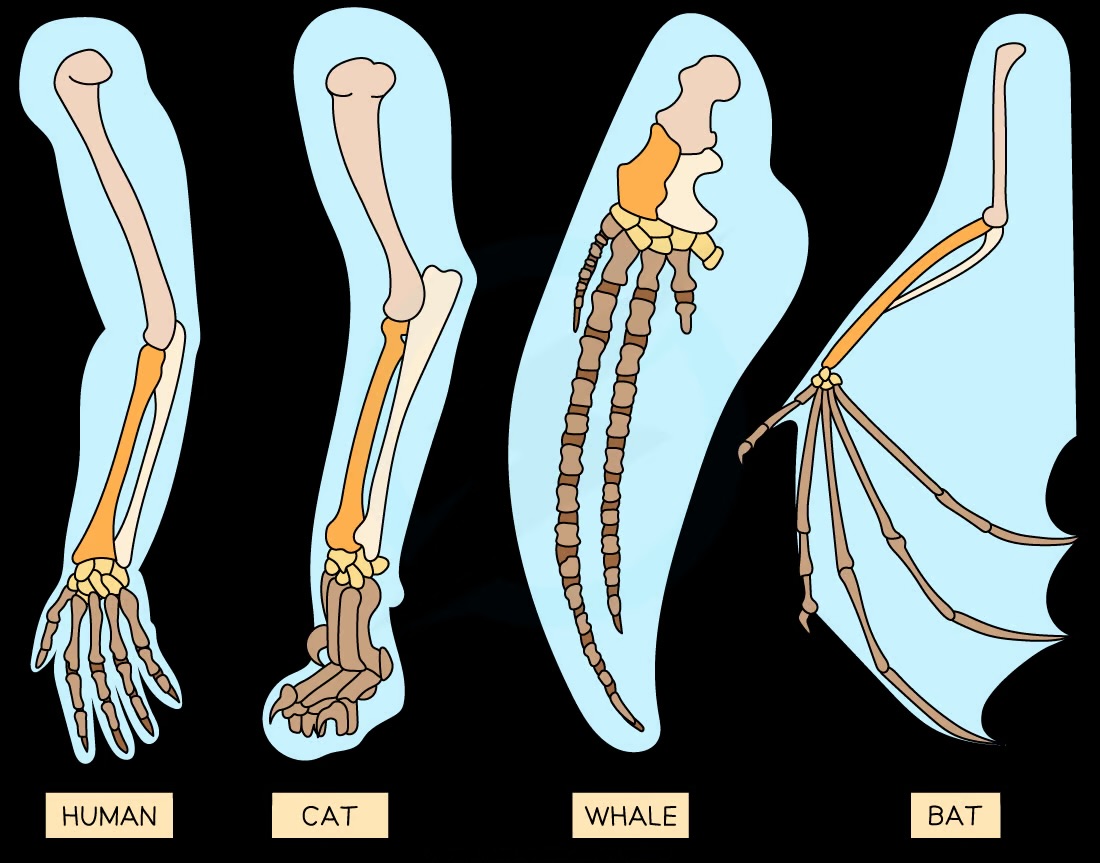IB Bio: Topic 6
1/20
There's no tags or description
Looks like no tags are added yet.
Name | Mastery | Learn | Test | Matching | Spaced |
|---|
No study sessions yet.
21 Terms
What is biological classification?
It helps organize the many living species into groups, making it easier to study and understand them.
What do taxonomists do?
They specialize in classifying living things into groups.
What is the difference between artificial and natural classifications?
Artificial classification groups organisms by simple traits like wings, while natural classification groups them based on their evolutionary relationships.
What are the three domains in the modern classification system?
Archaea, Eubacteria, and Eukaryota.
What is natural selection?
It is the process where organisms with traits that help them survive are more likely to pass those traits to their offspring.
How do finches on Daphne Major show natural selection?
During El Niño and La Niña, finches with beak sizes suited for the available seeds survived better and passed on their traits.
How does natural selection relate to antibiotic resistance in bacteria?
Bacteria that survive antibiotics pass on resistance genes, creating strains that antibiotics can't kill.
What are the four main plant groups (phyla)?
Bryophytes, Filicinophytes, Coniferophytes, and Angiospermophytes.
What features are used to classify these plant groups?
Characteristics like vascular tissue and reproductive structures.
Name some animal phyla.
Porifera, Cnidaria, Platyhelminthes, Annelida, Arthropoda, Mollusca, and Chordata.
What makes vertebrates different from other chordates?
Vertebrates have a backbone made of vertebrae.
What are the five classes of vertebrates?
Bony ray-finned fish, amphibians, reptiles, birds, and mammals.
What is a pentadactyl limb?
It’s a limb with five parts that many vertebrates share, showing they have a common ancestor.
How do pentadactyl limbs support evolution?
They have similar structures but evolved to serve different purposes, like flying, swimming, or walking.
What is adaptive radiation?
It’s when species from a common ancestor evolve to fill different roles in their environment.
What is speciation?
It’s when populations of a species become so different over time that they turn into separate species.
How does selective breeding show evolution?
Humans breed animals with specific traits, leading to changes in the species over time.
What does the fossil record tell us about evolution?
It shows how species have changed over millions of years.
How does melanism in insects show evolution?
Dark-colored insects survived better in polluted areas, showing natural selection in action.
What role do heritable traits play in evolution?
Traits that can be passed to offspring allow species to adapt and evolve over generations.

What is this drawing
Pentadactyl limb